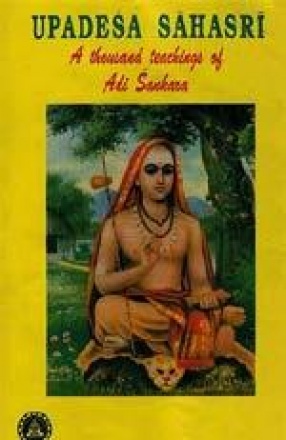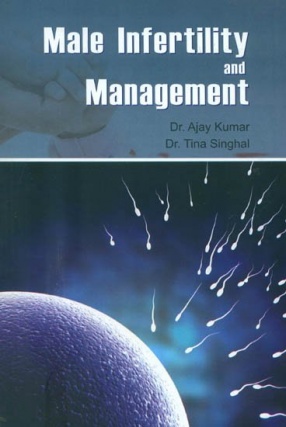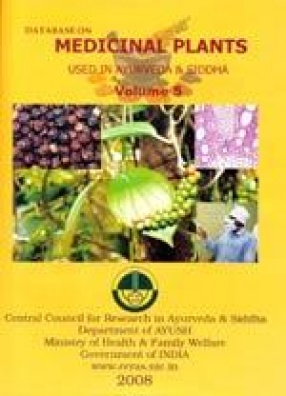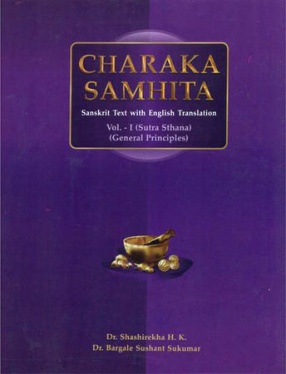Adi Sankara has been acknowledged the world over as the foremost exponent of the non-dual philosophy of the Upanishads. Apart from his exhaustive commentaries on the principal Upanishads. Bhagavat Gita, the Brahma Sutra and Vishnu Sahasranamam, he is also the author of innumerable hymns and prayers. In UPADESA SAHASRI he expounds the non-duality of the Self (Brahman) for the enlightment of the seeker after liberation. It consists of two parts. The verse section establishes this non-duality while the prose section indicates the manner in which the teacher should instruct the deserving pupil and is in the form of a dialogue. Both sections add up to a profound discourse on the non-duality of Brahman, for the benefit of the seeker after liberation from transmigratory existence.
ABOUT THE AUTHOR V. Narasimhan
Dr. V. Narasimhan (born 1919) is a graduate (Sanskrit second language) of the Madras University holding the Master of Arts, Master of Science and the Doctor of Philosophy degrees. As a student of the Madras Christian degrees. As a student of the Madras Christian college, he was keenly interested in philosophy and won the Korah Eapen prize for scripture knowledge. He worked as a scientist and Professor of Science and Technology fro several years in India and abroad and was the author of several papers and a book entitled Building Physics. After retirement his entitled Building Physics. After retirement his interest in philosophy and metaphysics was again kindled and to appreciate Indian philosophy better, he studied Sanskrit further under the guidance of Swami Prasannathmananda and Shri Gopala Desikan for several years. "UPADESA SAHASRI" of Adi Sankara is the quintessence of the Upanishads, wherein Adi Sankara expounds the concept of non-duality for the benefit of the seeker after liberation. Commentaries on this text are available only in Sanskrit. Dr. Narasimhan undertook this work of providing an English version of the text, with verse by verse notes, to make available for a non-sanskrit knowing reader a gist of the Sanskrit commentaries.





There are no reviews yet.